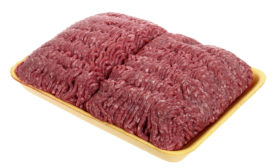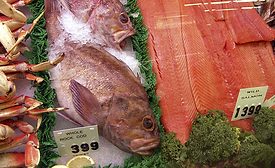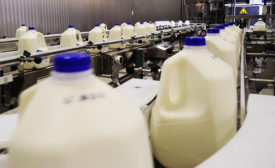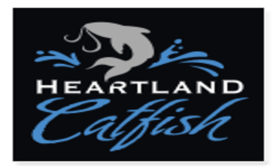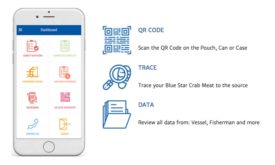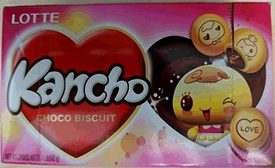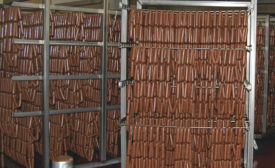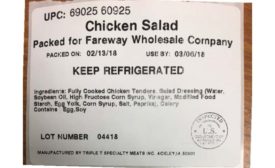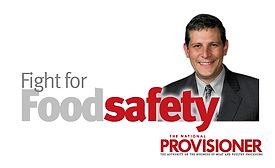Food Recalls
During the first three months, the pilot tested and developed methodology for tracking eligible cattle through audited live animal supply chains.
Read More
Albertsons Cos. partners with Trace Register to elevate seafood traceability
Albertsons has an aggressive goal to ensure 100% of its Top 20 fresh and private label frozen seafood products meet the company’s stringent Responsible Seafood Policy by 2022.
March 14, 2018
Take a proactive approach to reduce recall risks
By putting the right programs and procedures in place, dairy facilities could help prevent cross-contact and contamination that lead to costly recalls.
March 14, 2018
New warehouse traceability solutions for the snack and bakery industry
Traceability technology offers new software and other advancements for the industry.
March 13, 2018
Food Safety
Catfish recalled due to possible contamination
Product may be contaminated with leucomalachite green
March 12, 2018
Blue Star Foods introduces scan on demand, QR code traceability app for seafood
In seconds, the consumer scans the QR code, and that product's detail is displayed.
March 6, 2018
Food Safety
Chocolate biscuits recalled due to undeclared peanuts
Product was sold nationwide and in Canada
March 2, 2018
Solving cooking deviations for processors
Deviations resulting from failure to meet lethality or stabilization critical control points
February 28, 2018
Recall
Fareway deli chicken salad recalled after salmonella outbreak
Consumers urged to toss any remaining product after officials confirm 37 cases in Iowa.
February 22, 2018
Never miss the latest news and trends driving the food safety industry
eNewsletter | Website | eMagazine
JOIN TODAY!Copyright ©2024. All Rights Reserved BNP Media.
Design, CMS, Hosting & Web Development :: ePublishing
